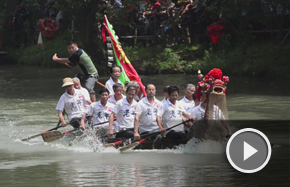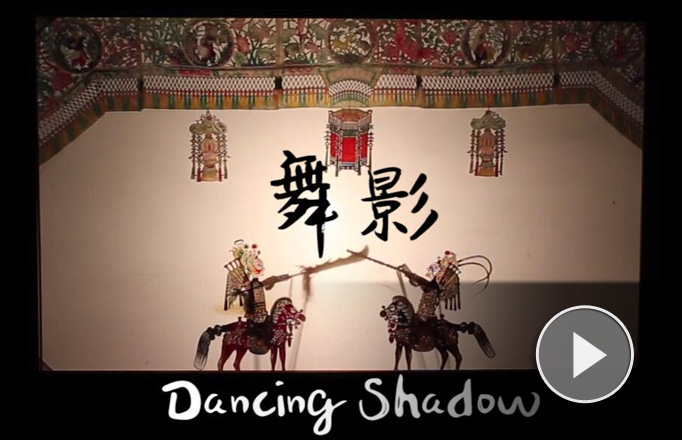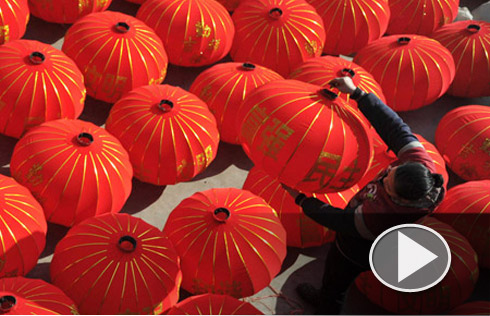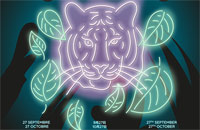Pop goes the pipa
"The most valuable thing about playing at universities is we always get the chance to meet with students and do some educational programs," Wu says. "For me, interacting with the students is really valuable, to know what students want to know about the pipa and what they think about culture and music."
Despite her established fame as a pipa player, Wu also hopes to be known as an educator.
|
|
| Matzka taps the soul with aboriginal music |
|
|
| In China, musician hits all the right notes |
"At a certain age, when you get old, your experiences make you see the world in a new way," Wu says. "Spreading pipa culture feels a bit like a responsibility."
She fears students in China are gradually abandoning their roots for pop music and Western culture, and believes decision makers in China should invest greater efforts in preparing a curriculum that incorporates more traditional music education.
"I don't want the pipa to die someday," Wu says. "But, the whole education system for this generation should have many people concerned about keeping the pipa alive and building education packages, not only me."
Nevertheless, Wu can understand why interest in traditional culture may be waning. She said when she was a student in China she didn't care about Peking Opera, instead she was curious about Western music traditions and what it was like to be a musician in the United States.
After her first visit to the US in 1985 as a member of the China Youth Arts Troupe, Wu moved to the US in 1990 as a Bunting Fellow at the Radcliffe Institute of Advanced Study at Harvard University.
She has lived in the US ever since, working on a vast array of projects that feature the pipa in concertos, opera, chamber, electronic and jazz music, as well as in theater productions, film, dance and collaborations with visual artists including calligraphers and painters.
"After 20 years in the US, I realize I have done so much because there is so much information and creation and variety of culture," Wu says about her partnerships with musicians from all over the world. "That's something you would never get in China."
Still, Wu has always maintained her connection to China through the pipa, she says.
Related:

























